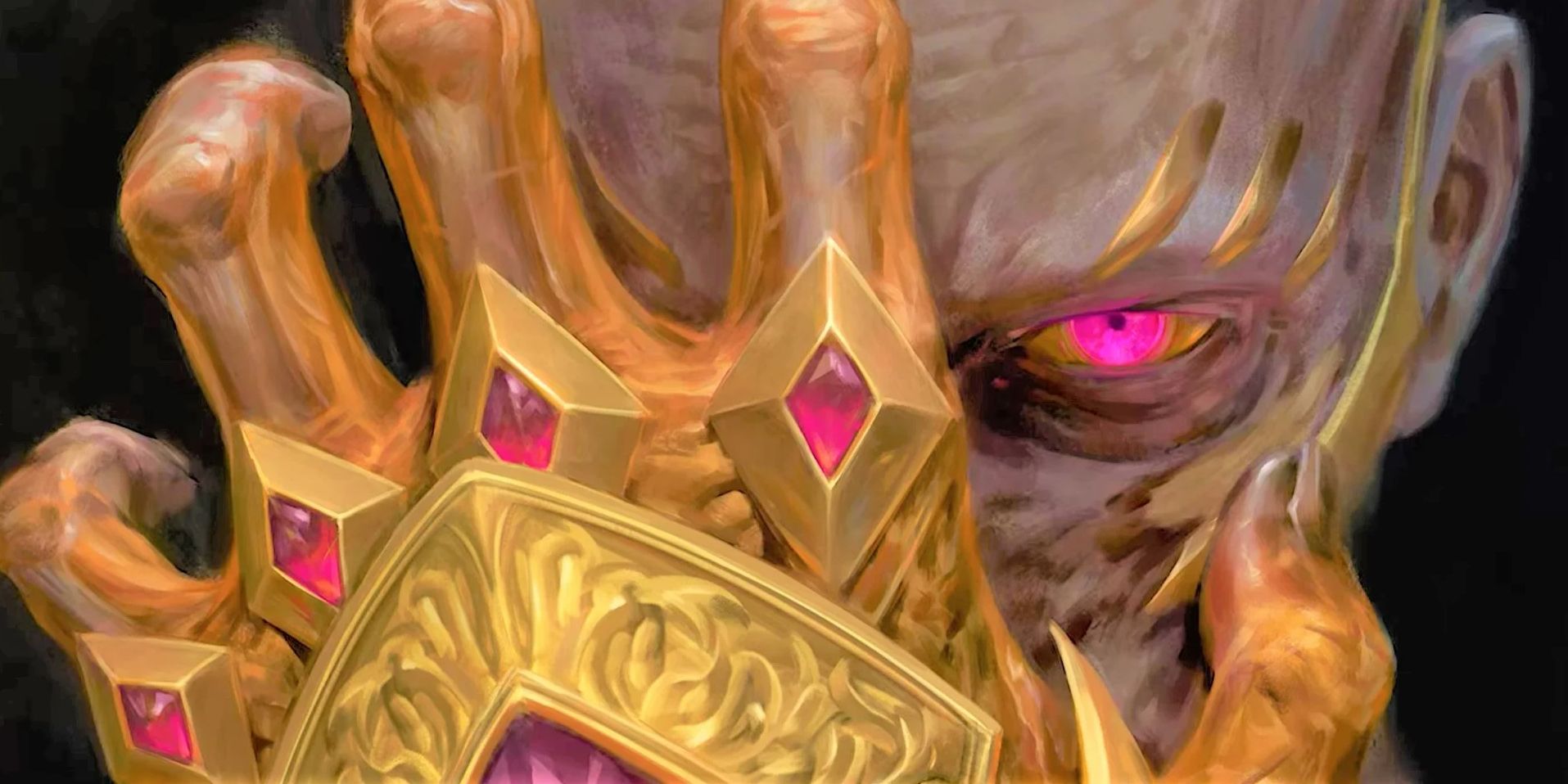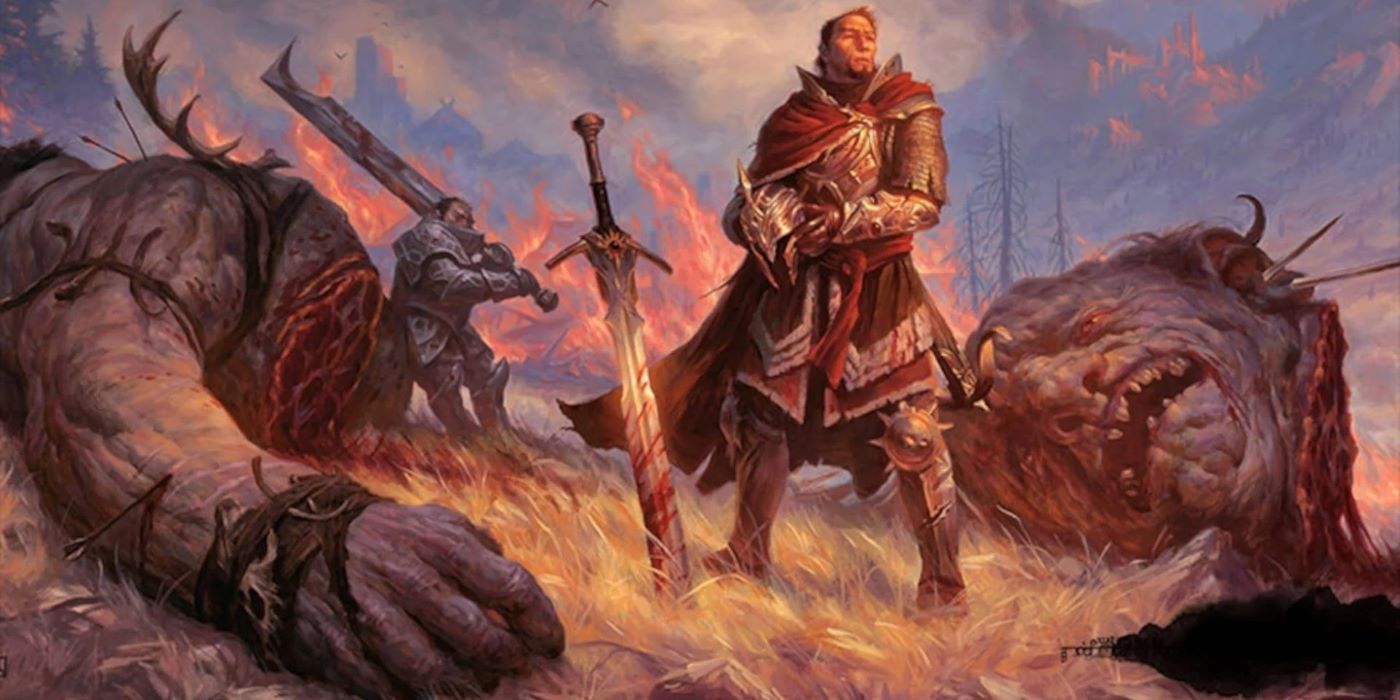When a player intends to build a high-powered or min-maxed character for a Dungeons & Dragons game, it is a good idea to let the Dungeon Master know ahead of time. This gives the Dungeon Master time to prepare around the character and make sure that encounters, experience, and loot are all tailored well so that the min-maxed character doesn't feel overpowered or outshines the rest of the party. This ensures good party cohesion as well as a smooth and enjoyable adventure for all players at the table.
It is possible to take advantage of Dungeons & Dragons' rules to create a character that is more powerful than the rest of the part. This process is generally known as min-maxing, in reference to minimizing certain stats to maximize others, and there are several ways D&D DMs can creatively deal with min-maxing. When done right, a fighter could quite literally have the strength of ten average men, or a rogue or monk could move at speeds unheard of to all but the swiftest athletes. This can put one player at a massive advantage over the others, and if not properly warned, it might catch the DM off guard and make it tough to balance the game.
Warning the Dungeon Master ahead of time if a character build is overpowered saves everyone at the Dungeons & Dragons table a headache, the DM most of all. The DM is responsible for balancing play for the entire table. After being made aware of an overpowered build, they can adjust encounters and experience on the fly to respond, making sure that the build isn't steam-rolling over every other player and challenge.
The Benefits Of Warning A Dungeon Master About A Min-Maxed Character
In Dungeons & Dragons, an overpowered warforged fighter build who can knock aside 10 goblins with a single swing of their mighty sword will not be challenged by the goblin camp the Dungeon Master has spent the week preparing. A monk who is able to run at speeds approaching a race car will find the Indiana Jones-style boulder trap a literal walk in the park. These encounters were designed with a party of average strength and speed in mind. All it takes is one player to build an overpowered character to break the challenge completely. Warning the Dungeon Master ahead of time gives them time to prepare challenges more appropriate to the super-heroic PC. Maybe a few bugbears and hobgoblins are now present at the goblin camp in addition to the goblins, or the boulder trap now has spikes and pits to dodge while outrunning the boulder. This keeps the min-maxed PC from feeling too overpowered.
Assured that one's D&D DM isn't out to get them on the other side of the Dungeon Master's screen, the party should be made aware of an overpowered character as well. They could have all made their characters not knowing what was possible, or wanting a specifically lower-powered campaign. If one person shows up playing Superman while the rest of the party built normal adventurers, it can make the party feel unbalanced and one-sided, both in-game and out. If the party knows ahead of time about the min-maxed character, they may all decide to join in on the fun and make overpowered builds of their own, figure out how they can work their min-maxed friend into the story, or have a talk about what expectations there are for the campaign.
Warning the DM about creating an overpowered D&D build ahead of time is a boon to everyone at the table. Whether giving them more time to prepare their Dungeons & Dragons encounters, or players a chance to build similarly overpowered characters, communication is key when it comes to power level in games. Once everyone is on the same page, they are able to adventure and all have fun in the world the Dungeon Master brings to life.


